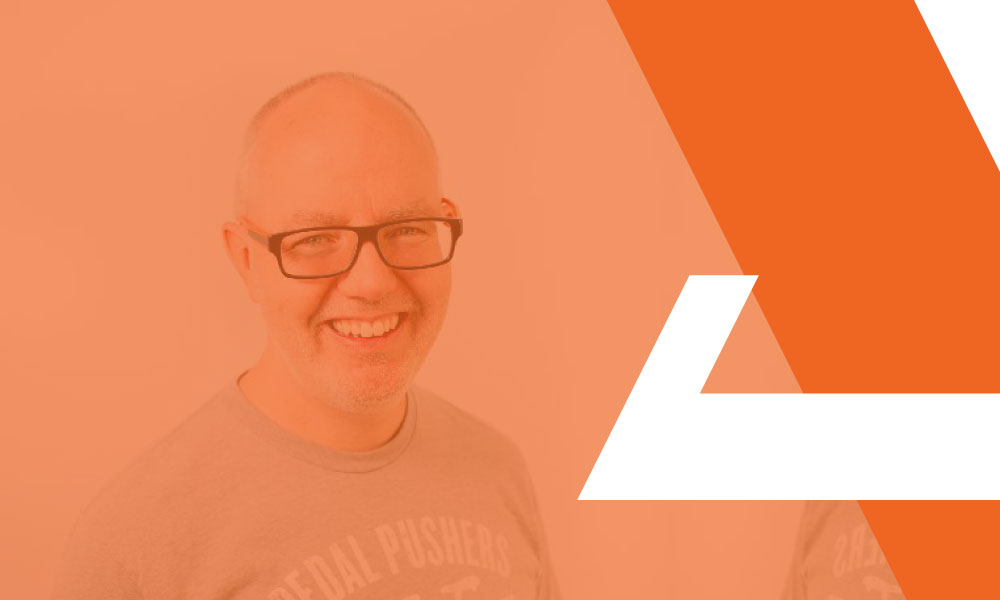Subscribe on: iTunes | Stitcher | Google Play | Spotify
I’ve already listened to this episode multiple times, and I’m sure I will listen again! Keith Ippel is legendary in Vancouver, and he’s going that way globally as well. His background in startups, advising, investing, education, and ecosystem development (all centred around social impact) means he has no shortage of incredible insights.
In this episode we discuss everything from the state of social entrepreneurship, particularly across geographies, how we’re educating the next generation of entrepreneurs, what makes a successful social enterprise, and building ecosystems within cities to foster innovation. I’m glad you’re here to grab the notes because otherwise you’ll be writing for days!
So go right ahead and bookmark this episode, share it, and come back to it again and again, it’s incredible.
About Keith Ippel & Spring Activator
With over 20 years of experience as a leader in technology & impact businesses, Keith Ippel has accelerated the growth of both small and large companies and raised over $30M in angel investment and venture capital. As a global keynote speaker, teacher, and advisor, he has an unparalleled ability to collaborate with entrepreneurs, employees, and investors to grow businesses and change the world.
Keith leads Spring, a global incubator and accelerator that empowers entrepreneurs and entrepreneur ecosystem organizations to build better businesses and change the world. To date, its global advisory work has supported entrepreneurs in over 30 cities across 5 continents while its impact programs have helped over 700 entrepreneurs launch 350+ businesses, and raise over $22M in early-stage capital.
Find Keith on LinkedIn
Find Keith on Instagram: @keithippel
Spring’s Website: https://spring.is/
Spring on Instagram @springactivator
Spring on Twitter: @Spring_Is
Everything We Talked About in This Episode
[02:39] Springs Mission of Changing the World Through Entrepreneurship.
[04:55] Keith’s work teaching in post secondary schools, bringing innovation to entrepreneurship.
[06:21] 98/2% (98% want to do good and impact the world). The difference between impact curious and impact converted.
[07:39] Smaller communities are more hardwired for impact, part of their DNA.
[08:12] Do you think the school systems are educating about social entrepreneurship in the right way?
[09:09] There is still a stigma: If you’re trying to impact the world, you can’t make money, and it’s a lie.
[10:15] The common struggles and weaknesses that social entrepreneurs face.
[11:10] Being humble enough to ground yourself in customer discovery is key point number 1. Point number 2 is to make sure there is a way to make money.
[12:20] Human nature says entrepreneurs tend to be protective of their ideas, whether they’re social entrepreneurs or not.
[13:10] Reference to Brianne Miller, Nada Grocery as an example of a successful social venture.
[14:18] How do you balance the conversation of saving profit for later (by leveraging investors), or being profitable from the beginning.
[16:26] What is the reminder for entrepreneurs is that you have to be ready to speak to those components, team, market clarity and need, money.
[17:56] Quote: “At the end of the day, I think we need to be really cognizant that we are still early enough in proving that impact is mainstream that we need to be thoughtful about how we do it.” – Keith Ippel
[20:58] The one question that’s always being asked by investors: Can I trust you and your team with my money?
[21:37] Reference to WeWork regarding their decline in value.
[22:02] What is a cult of personality?
[24:13] Reference to Food Mesh, Arbutus Medical, Terramera, as examples of fast growing social enterprises
[28:05] How did Keith get involved in the ecosystem building?
[29:06] The 7 dimensions of an impact ecosystem.
[31:03] Getting universities involved in the innovation and impact ecosystem has been a big focus (and weakness).
[32:35] How Keith and other ecosystem builders are actually taking best practices from developing companies and bringing them into the developed world in small communities.
[33:00] The difference between micro credit and macro credit systems.
[35:06] Reference to BDC Canada and Futurpreneur as leaders in innovation financing.
[36:50] Vancouver is the Top 25 ecosystem for innovation according to Startup Genome Report.
[37:33] Reference to Launch Academy as a startup incubator.
[38:00] References to BC Tech, Foresight about scale up and startup acceleration.
[38:26] Quote: “We are not attracting the best global startups to Canada” – Keith Ippel
[39:09] What should we do to elevate Vancouver’s position as a top ecosystem?
[39:12] Reference to TechStars, Ycombinator, 500 Startups as incubators that write cheques.
[39:30] Reference to Pacific Impact Investing Network (now known as Impact Investor Forum), Toniic, Version1 Ventures, VanEdge, Relentless Pursuit Partners, Rhino Ventures, Renewal Partners as investors and venture capital companies in Vancouver.
[40:16] How education fits into the ecosystem, particularly at the impact curious stage.
[41:52] Keith’s Advice: relentlessly ask questions
